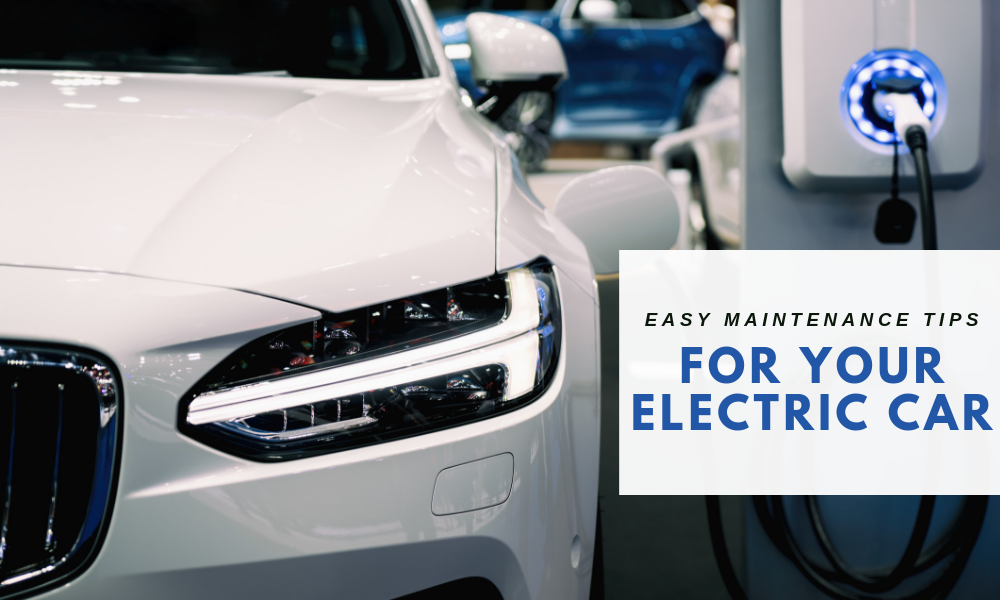
The technology behind electric cars has been steadily improving over the years, presenting an impressive array of economic benefits. While many people still prefer the offerings of fuel vehicles, electric cars are a great addition to the transportation world. These cars generally require less maintenance due to their electrical components; however, the tradeoff is that any repairs require specialized services and are, therefore, extremely costly. Knowing how to properly service your car will help you avoid these extra expenses.
Tires
The electrical component—the main difference between the two types of cars—offers easier overall maintenance. However, this doesn’t mean that they’ll never require repairs. With electrical cars, more pressure is oftentimes put onto the wheels, which creates a higher risk for wear—especially when dealing with detrimental road conditions. As such, you may need to replace your tires more often. As far as the rims go, you won’t see much of a difference regarding your care routine. For example, Hyundai Sonata rims are nearly identical to the Kona Electric’s.
The Motor
The great thing about electric cars is that you’ll no longer have to worry about oil changes. An electric motor generally lasts around 100,000 miles without requiring maintenance, though it’s recommended that you have it checked before it hits the 80,000-mile mark. Although a daunting task, finding the right mechanic is essential—especially if you’re one of the two out of three drivers that is wary of repair shops. If you find a reputable mechanic that specializes in electric cars, however, you should have little to worry about.
The Battery
A battery should last over 100,000 miles before needing any sort of repair, but you want to make sure it gets to that point. Replacing your battery will cost thousands of dollars, so you’ll want to avoid this. To increase the lifespan, it’s recommended to not charge your battery past 80% of its capacity. If you charge it to 100%, you actually risk decreasing its lifespan. You should also be careful to not drain your battery by frequently charging outside devices such as phones inside your car.
Brakes
Regenerative braking can drastically save time and money spent on maintenance. Same as with fuel-powered vehicles, you’ll want to avoid braking too quickly to prevent wear. We recommend that you have a mechanic check your brakes every 20,000 miles.


